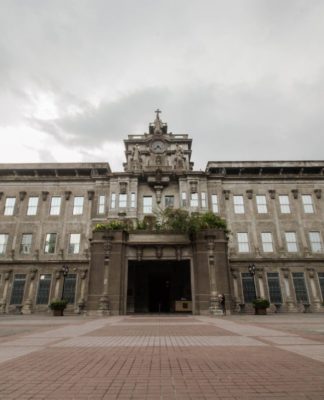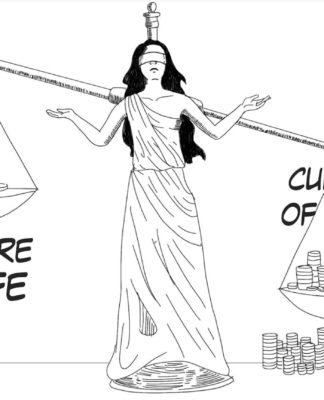A UNIVERSITY professor and Center for Intercultural Studies (CIS) researcher emphasized the use of basic principles of oral history as a new research methodology during the “University belt seminar on the streets of Manila” last April 21 at the Thomas Aquinas Research Complex (TARC) seminar-workshop rooms.
“Oral history is dependent on humans because they are an inexhaustible source of information, however, the basic features of this new research method may also be its downsides because the method is quite subjective and time-consuming,” Prof. Erlita Mendoza said.
She also used the essays of Marcelino Foronda, Teresita Obusan and Felipe de Leon, Jr. as basis of her lecture.
“The whole enterprise is to strengthen the linkage of these institutions for the purpose of coming up with s tudies that eventually document, preserved and tell the story in the streets of Manila,” Mendoza told the Varsitarian.
Some seven other Thomasian researchers served as panelists during the event.
Representatives from UST, the Far Eastern University, and the U-belt consortium also participated in the event. Jianne dL. Yamzon


















